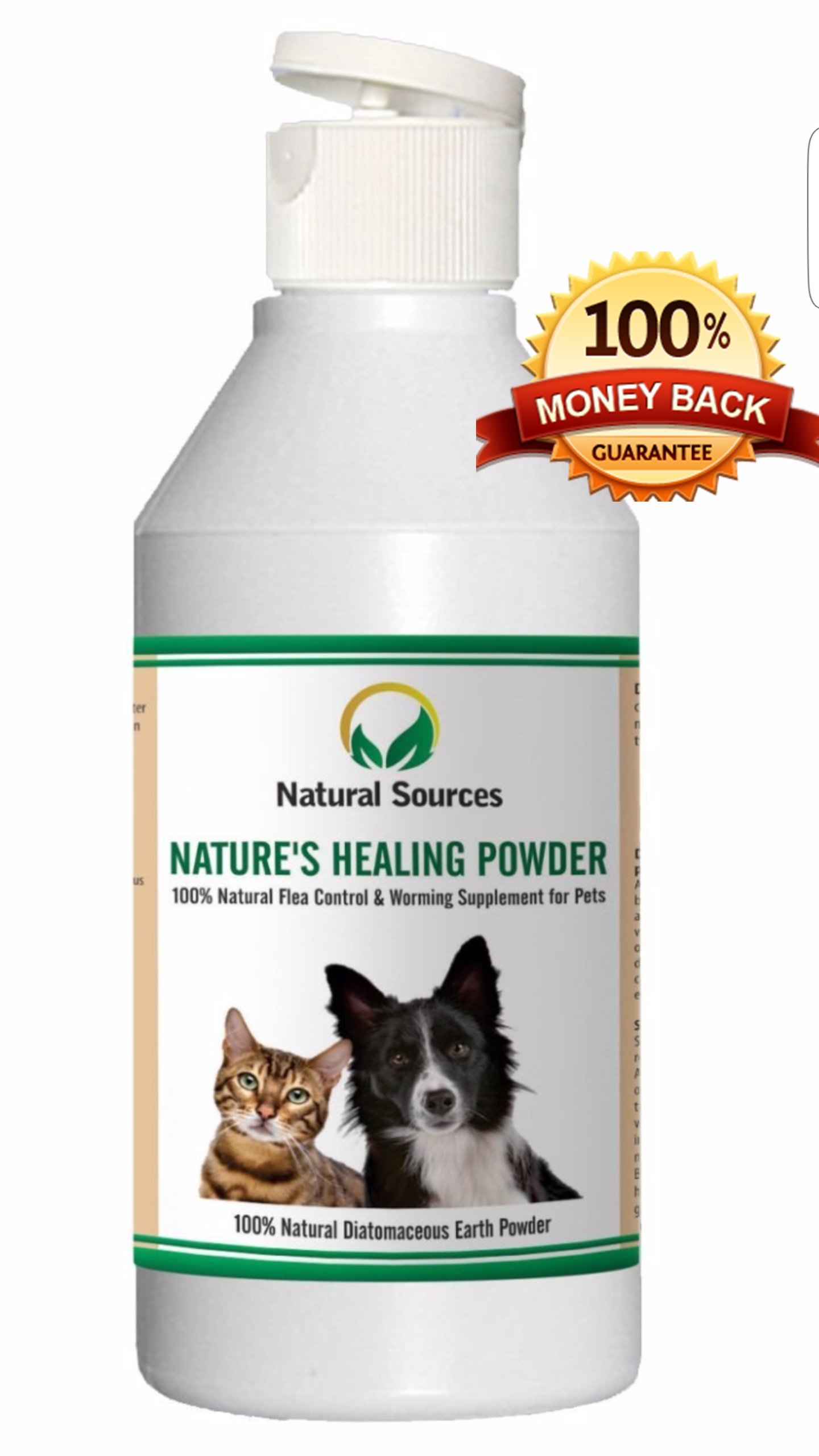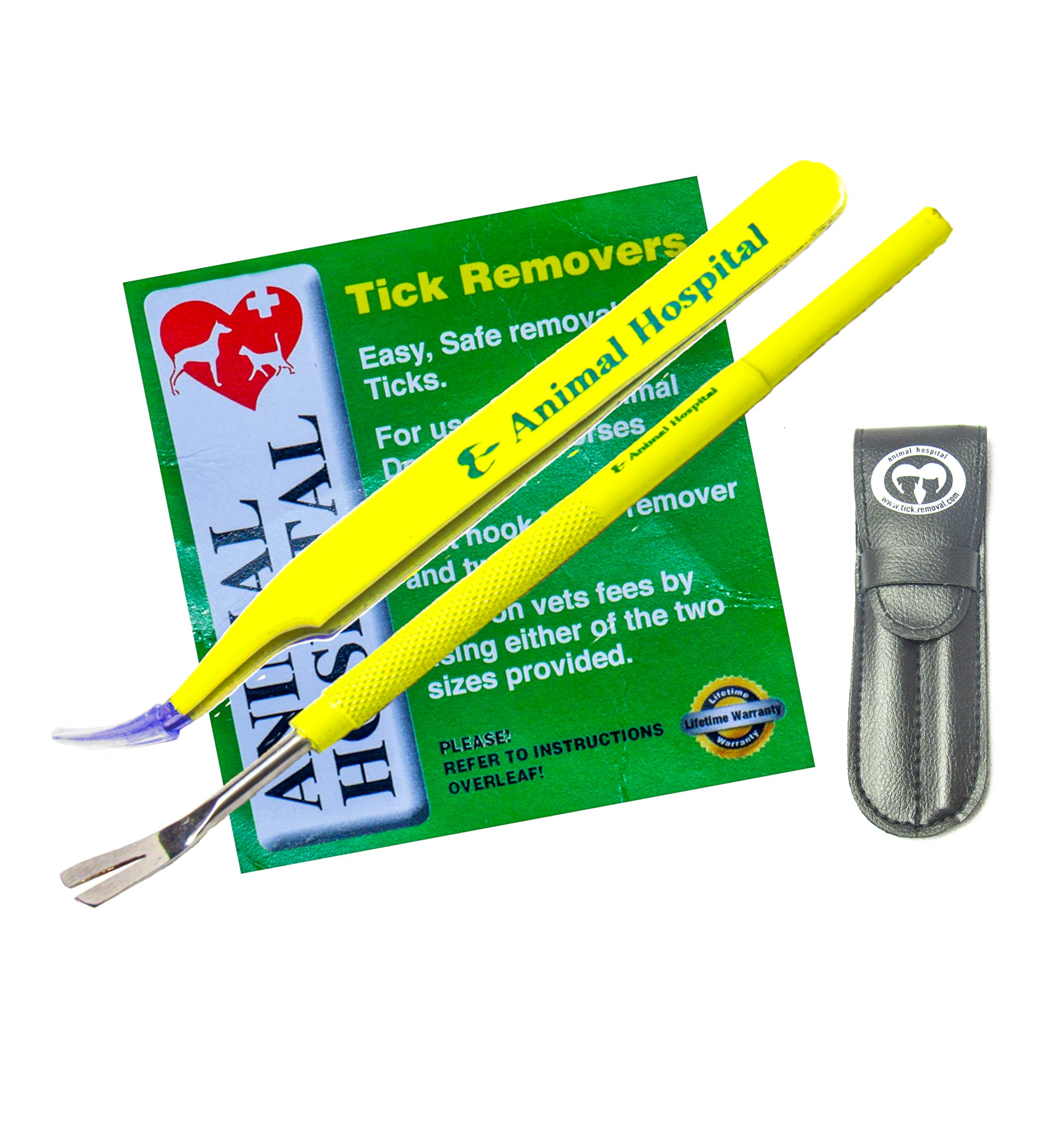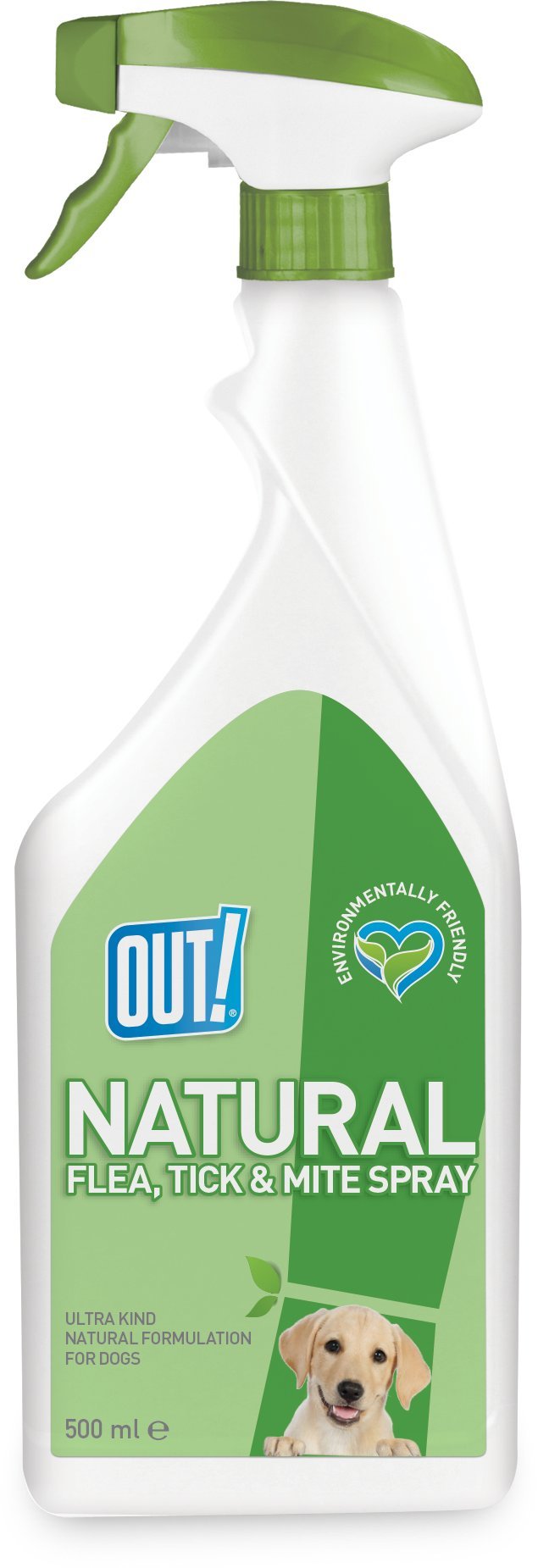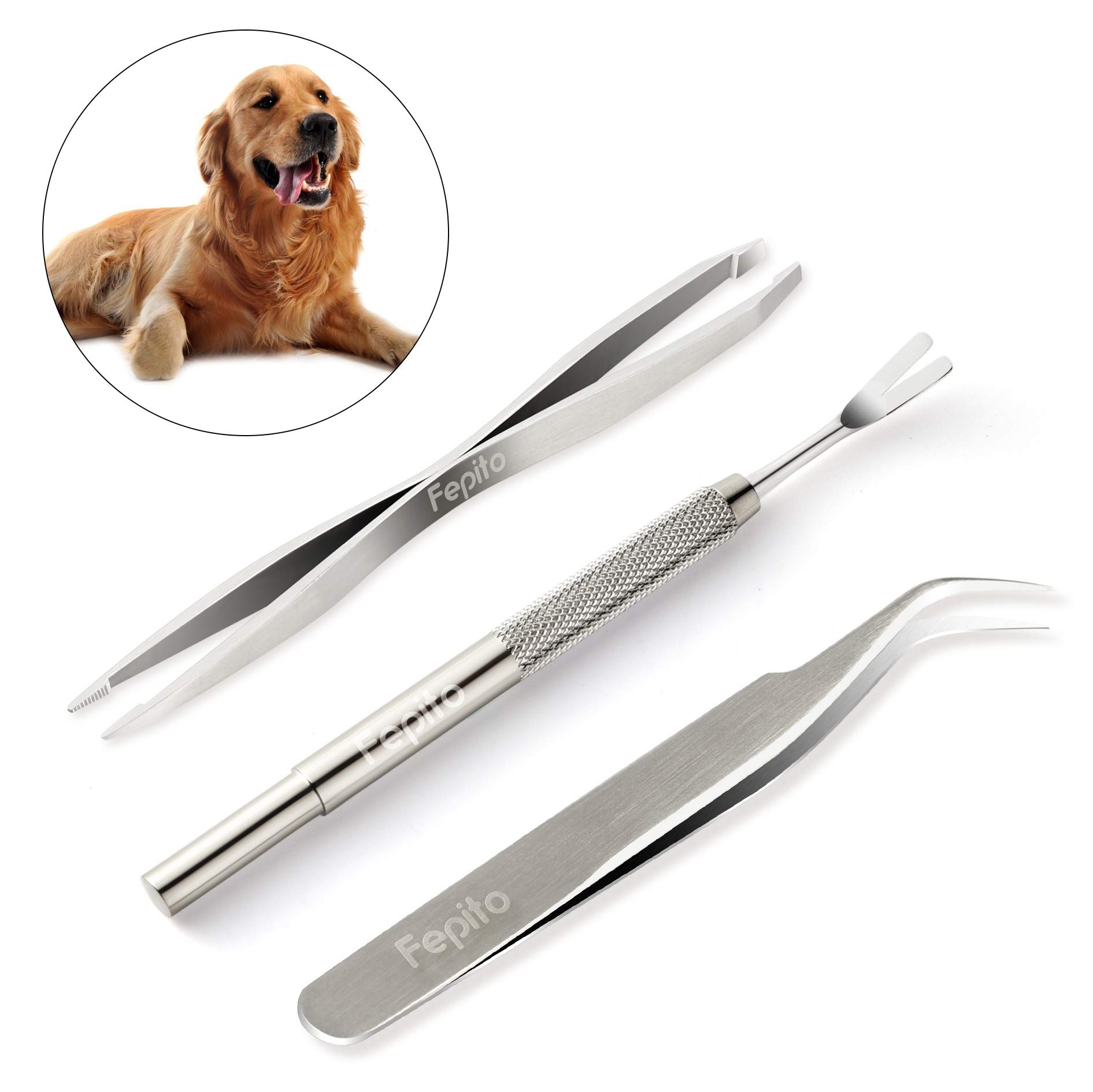
Just as mosquitoes and nits annoy humans, dogs face a number of small and irritating dog pests. Although often initially minor, these parasites (which include fleas, tics and worms) can swiftly become more serious if not treated.
Dogs and fleas
The flea is the most common pest to irritate your dog. The first approach to treat fleas is usually a good bath with a special type of soap. Following this, a thorough investigation with a fine-toothed comb for both fleas and their eggs is a good idea. Your dog could also wear a collar that prevents fleas, although for dogs with thick coats these may not be effective. Furthermore, for dogs with very thin coats this type of device can cause irritation to the skin.
Worms and your dog
Worms are another form of parasite, although they usually infest puppies and occur internally. Worms attach themselves to the intestines of your dog. Depending on the type of worm, they will affect your dog in a number of malign ways. Check a puppy’s stools for worms, and if you find any then take him or her to the vet, along with a sample of the infested stool.
Ticks and your dog
The tick poses a greater danger to your dog than the flea. Ticks are strangely shaped, and range in size, but may generally be characterised by a smaller head and a large sack-like body. The tick will attach itself to the skin of your dog and proceed to suck his or her blood. As well as being irritating to your dog, ticks may also carry canine or human diseases. A dab of alcohol on the back of a tick should free its grasp, and then a gentle rocking followed by a firm tug with tweezers should remove it. However, before you tug ticks from your dog’s body, make sure that they have released their grip. A tick’s head that stays attached to your dog can become very infected. Make sure you have removed the whole tick.
Buy Flea, Lice & Tick Control Products

























